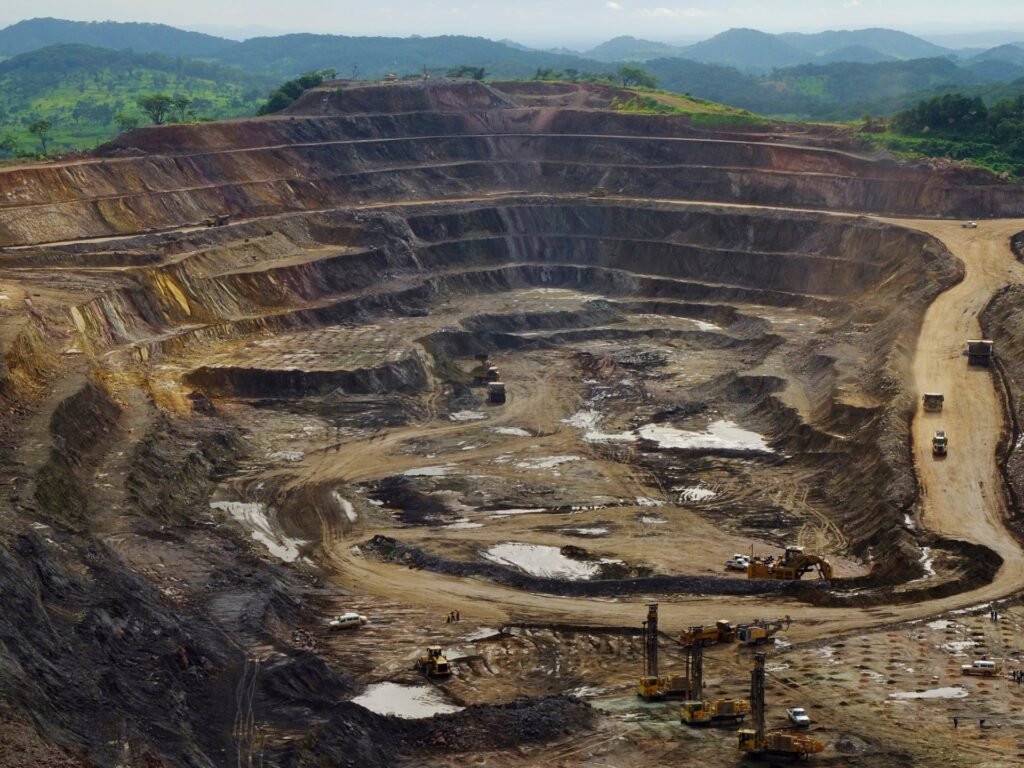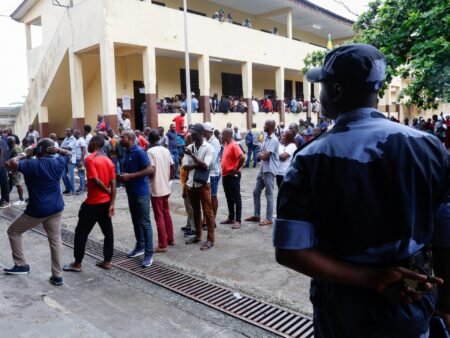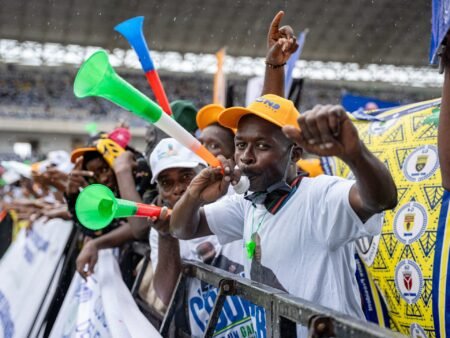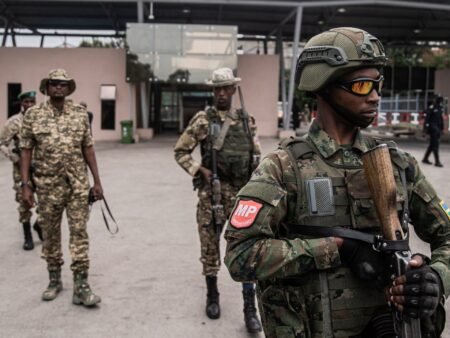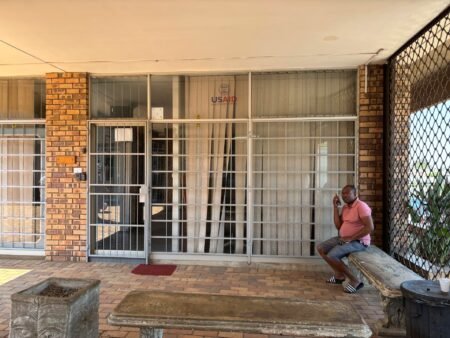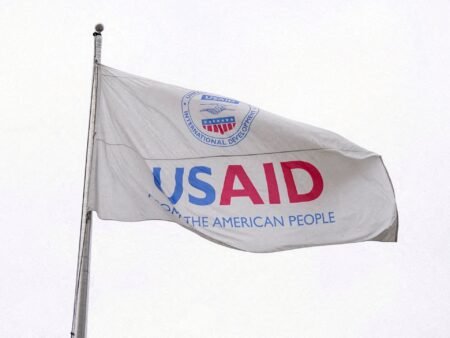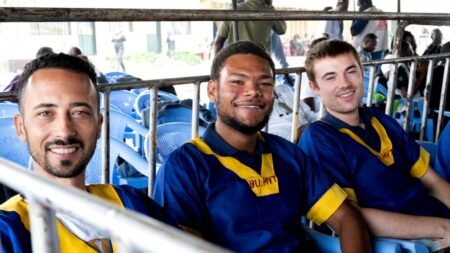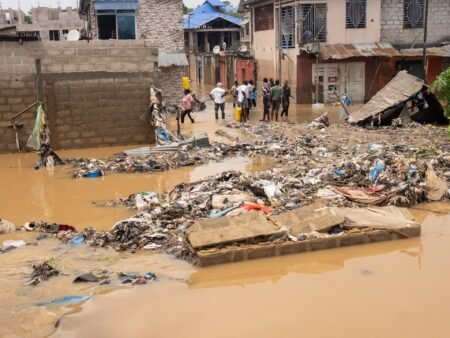The decision of US President Donald Trump’s administration to suspend foreign aid and shut down the USAID agency has sent shockwaves across the development industry. In 2024, nearly a third of the $41bn in US foreign aid went to Africa, helping support various sectors from healthcare to education and sanitation.
But as aid organisations sound alarm bells and government officials wring their hands over suspended programmes, we are missing the bigger picture: Africa’s continued dependence on foreign aid is a choice, not a necessity. Our continent sits atop some of the world’s largest reserves of the very minerals that will power the future, yet we remain trapped in cycles of aid dependency. It is time to change that.
Let us be clear about what is at stake. The Democratic Republic of the Congo supplies 70 percent of the world’s cobalt – the essential ingredient in electric vehicle batteries. South Africa produces 75 percent of the world’s platinum and 50 percent of palladium. Mozambique and Madagascar possess some of the largest graphite deposits globally. Zimbabwe has the largest deposits of caesium, a critical metal used in GPS and 5G systems.
More than just rocks and metals, these are the keys to the global clean energy transition. Every electric vehicle, solar panel, and wind turbine depends on minerals that Africa has in abundance.
Yet here we are, still exporting raw materials like colonial-era vassals while begging for aid from the same countries that profit from our resources. The math is infuriating: We sell raw cobalt for $26-30 per kg (2.2lb), while battery-grade processed materials fetch $150-200. We’re giving away more than 80 percent of the value chain to foreign processors and manufacturers. This isn’t just bad business – it’s economic malpractice.
The global battery market alone will reach $250bn by 2030. The renewable energy sector is growing at breakneck speed, with solar installations increasing 26 percent annually.
Clearly, Africa’s mineral riches represent the greatest economic opportunity of our generation. But instead of positioning ourselves to capture this value, we are debating how to patch the holes left by suspended aid programmes.
Critics will say we lack the infrastructure, expertise, and capital to process these minerals ourselves. They are right – for now. But this is precisely where we should be investing our resources and focusing our political will. The Chinese understood this decades ago, which is why they have poured nearly $58bn into securing control of critical mineral supply chains across Africa. They saw the future while we were busy filling out aid application forms.
The solution is not complicated, though it is challenging. We need to build processing facilities, not just extraction sites. We need to establish special economic zones focused on mineral beneficiation, not merely export terminals. We need to invest in research and development facilities that can adapt and improve processing technologies. Most importantly, we need to think and act regionally.
Imagine a Southern African Development Community Battery Materials Initiative, where countries pool resources and expertise to build integrated value chains. Picture an East African Rare Earth Elements Cooperation Framework that turns our mineral wealth into high-tech manufacturing capabilities. These are not pipe dreams – they are missed opportunities every day we continue business as usual.
The environmental critics will say mining is dirty and destructive. They’re not wrong about the risks, but they’re wrong about the solution. The answer isn’t to leave our minerals in the ground; it’s to set our own high standards for sustainable extraction and processing. We can build a mining and processing industry that protects our environment and benefits our communities. We must, because the alternative is watching foreign companies do it their way while we deal with the consequences.
The aid suspension has created human suffering that cannot be ignored. HIV treatment programmes, educational initiatives, and food security projects are all at risk. But if these programmes are essential – and many of them are – why should we depend on the political whims of foreign governments to fund them? Our minerals would pay for these programmes many times over once we capture their full value.
What we need now is political courage and unity of purpose. We need leaders who can look beyond the next election cycle and envision an Africa that finances its own development. We need business leaders who can build processing facilities instead of export terminals. We need educational institutions that train chemical engineers and metallurgists instead of aid programme administrators.
The current crisis must serve as our catalyst for transformation. Every suspended aid dollar should drive us to capture tenfold value from our minerals, and every diplomatic slight should strengthen our resolve to build African solutions. The choice is clear: We can spend the coming decades haggling over aid budgets, or we can finally take control of our destiny through the strategic development of our mineral wealth.
It’s time for Africa to transform from the world’s raw materials store into its manufacturing powerhouse. By turning our mineral wealth into lasting prosperity, we can make foreign aid what it should have been all along: unnecessary.
The views expressed in this article are the author’s own and do not necessarily reflect Al Jazeera’s editorial stance.
Read the full article here







